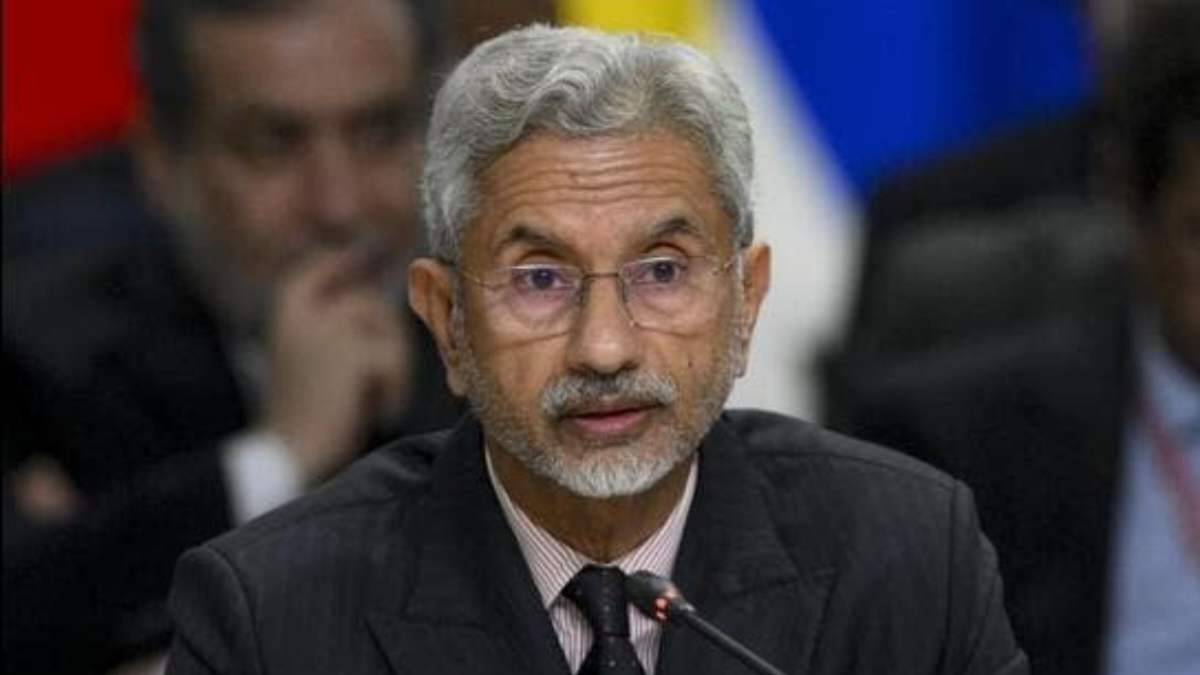US President-elect Donald Trump is expected to continue supporting the Quad, with India’s External Affairs Minister S. Jaishankar emphasizing that Trump’s previous administration played a key role in strengthening the grouping. The Quad, which includes India, Australia, Japan, and the United States, has become one of the most important platforms for inter-governmental cooperation. Jaishankar highlighted that during Trump’s first term, the Quad was revived in 2017, initially at the vice-ministerial level, and was later elevated to the foreign minister’s level in 2019. This expansion, he noted, is a significant achievement for the grouping, and there is every reason to expect that the Trump administration will continue to support its growth.
Jaishankar also addressed the argument that the Quad should be viewed as a partnership where all members share equal responsibility. He stated that the Quad differs from other US alliances in this regard, as it is based on the principle of “everybody pays their fair share,” making it a more equitable collaboration. This view contrasts with Trump’s earlier positions, where he emphasized that partners in international alliances must contribute more towards shared goals.
The minister responded to concerns in Japan about India being considered the “weak link” in the Quad by pointing out that disagreements are natural in any grouping of diverse countries. He mentioned that during the initial phase of the Quad, Australia had considered pulling back from the partnership, and there were times when others believed Japan was the weak link. Jaishankar reassured that such differences are normal, and the Quad is growing stronger as it moves forward.
Looking ahead, Jaishankar also discussed India’s role in the upcoming Quad Summit in 2025, where the country will host the event. He reiterated that the Quad’s expanding agenda makes it a crucial mechanism for global coordination, particularly on issues of security, trade, and technological cooperation. He highlighted the growing relevance of the Quad in shaping international responses to various challenges, particularly in the Indo-Pacific region.
On the topic of China, Jaishankar shared insights into India’s relationship with its neighbor, which has been marked by both substantial trade and ongoing tensions. He acknowledged the challenges posed by an imbalanced trade relationship and the disruptions caused by the 2020 standoff along the Line of Actual Control (LAC). Despite the challenges, he stressed that India and China have agreements to maintain peace at the border, but the situation has become more complex due to increased Chinese military presence, which prompted counter-deployments by India.
Jaishankar noted that while India and China have disengaged forces from the LAC after prolonged negotiations, there are still significant hurdles to overcome in achieving full de-escalation. He emphasized that further discussions are needed to rebuild the relationship with China, and this process will take time. India is keen on ensuring that the border remains stable and peaceful, as this is a critical aspect of the overall bilateral relationship.
Finally, Jaishankar highlighted the growing collaboration between India and Japan in the semiconductor sector, an area of strategic importance in reshaping global geopolitics. Both countries are ramping up efforts in semiconductor production, with India announcing its semiconductor mission and Japan revitalizing its semiconductor industry. The two nations are also working closely with Taiwan, signaling a potentially transformative partnership in this vital sector.
